-
 Bitcoin
Bitcoin
$92,926.6934
-3.12% -
 Ethereum
Ethereum
$3,293.4554
-2.21% -
 Tether USDt
Tether USDt
$0.9994
-0.02% -
 XRP
XRP
$2.3106
-0.48% -
 BNB
BNB
$691.7793
-1.02% -
 Solana
Solana
$190.6762
-3.36% -
 Dogecoin
Dogecoin
$0.3321
-5.34% -
 USDC
USDC
$0.9999
0.00% -
 Cardano
Cardano
$0.9136
-8.74% -
 TRON
TRON
$0.2435
-2.67% -
 Avalanche
Avalanche
$36.5191
-6.26% -
 Sui
Sui
$4.6106
-0.64% -
 Toncoin
Toncoin
$5.2122
-0.68% -
 Chainlink
Chainlink
$19.8830
-5.40% -
 Shiba Inu
Shiba Inu
$0.0000
-3.66% -
 Stellar
Stellar
$0.4030
-7.01% -
 Hedera
Hedera
$0.2718
-4.35% -
 Polkadot
Polkadot
$6.6096
-5.17% -
 Bitcoin Cash
Bitcoin Cash
$423.1784
-3.31% -
 UNUS SED LEO
UNUS SED LEO
$9.0173
1.35% -
 Uniswap
Uniswap
$12.8095
-4.40% -
 Litecoin
Litecoin
$101.2783
-1.92% -
 Bitget Token
Bitget Token
$6.2292
-4.27% -
 Pepe
Pepe
$0.0000
-5.06% -
 Hyperliquid
Hyperliquid
$20.7781
-5.55% -
 NEAR Protocol
NEAR Protocol
$4.9975
-4.41% -
 Ethena USDe
Ethena USDe
$0.9988
0.03% -
 Dai
Dai
$0.9998
-0.01% -
 Internet Computer
Internet Computer
$10.5084
-3.72% -
 Aptos
Aptos
$8.6820
-7.52%
What are the formal platforms for Gas coins?
The top formal platforms for gas coins, including Ethereum, Binance Smart Chain, Cardano, Solana, and Avalanche, provide a solid foundation for gas coins, ensuring their stability, liquidity, and widespread acceptance.
Nov 19, 2024 at 02:14 pm
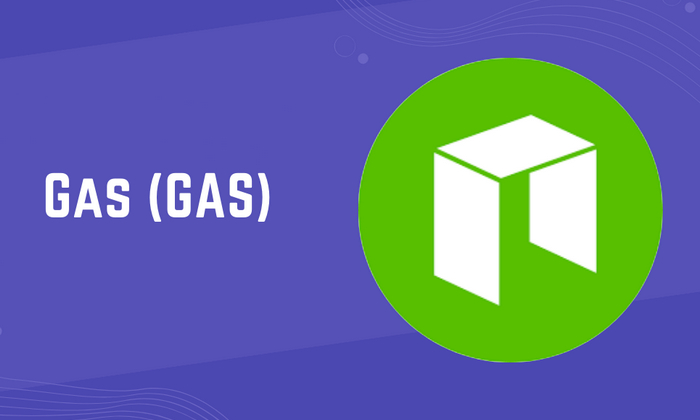
What are the Formal Platforms for Gas Coins?
Introduction
Gas coins, also known as platform tokens, are cryptocurrencies that power the operations of specific blockchain platforms. They are used to pay for transaction fees, smart contract execution, and other platform-specific services. Gas coins play a crucial role in the functionality and security of these blockchain platforms, providing incentives for validators to process transactions and ensuring the smooth operation of the network.
Formal Platforms for Gas Coins
Formal platforms for gas coins are typically well-established blockchain networks with strong development teams, large communities, and a proven track record of reliability. These platforms provide a solid foundation for gas coins, ensuring their stability, liquidity, and widespread acceptance. The top formal platforms for gas coins include:
1. Ethereum**
Ethereum is the leading formal platform for gas coins. Its native gas token, Ether (ETH), is used to pay for transaction fees, smart contract deployment, and other operations on the Ethereum network. The Ethereum blockchain has a vibrant ecosystem with a diverse range of decentralized applications (dApps), decentralized finance (DeFi) protocols, and non-fungible tokens (NFTs).
2. Binance Smart Chain (BSC)**
The Binance Smart Chain is a high-performance blockchain developed by Binance, the world's largest cryptocurrency exchange. BSC's native gas token, Binance Coin (BNB), is used to pay for transaction fees, smart contract execution, and other operations on the platform. BSC has a strong focus on scalability and compatibility with Ethereum, making it a popular choice for dApp and DeFi developers.
3. Cardano**
Cardano is a proof-of-stake blockchain platform that emphasizes academic rigor and scientific research. Its native gas token, ADA, is used to pay for transaction fees, staking rewards, and governance participation. Cardano is known for its high scalability and low transaction fees, making it suitable for large-scale applications and long-term cryptocurrency investments.
4. Solana**
Solana is a high-performance blockchain platform designed to enable fast and scalable transactions. Its native gas token, SOL, is used to pay for transaction fees, staking rewards, and smart contract execution. Solana has gained popularity for its ability to handle high transaction volumes at low costs, making it attractive for micropayments and other use cases that require near-instantaneous processing.
5. Avalanche**
Avalanche is a high-performance blockchain platform that utilizes a unique consensus mechanism known as Snow Globe. Its native gas token, AVAX, is used to pay for transaction fees, staking rewards, and other operations on the network. Avalanche is known for its scalability, security, and interoperability, making it suitable for a wide range of decentralized applications and enterprise solutions.
Conclusion
These top platforms provide a solid foundation for gas coins, ensuring their stability, liquidity, and widespread acceptance. By choosing a gas coin that runs on a formal platform, investors and users gain access to reliable, secure, and scalable blockchain networks that support a diverse range of applications and use cases.
Disclaimer:info@kdj.com
The information provided is not trading advice. kdj.com does not assume any responsibility for any investments made based on the information provided in this article. Cryptocurrencies are highly volatile and it is highly recommended that you invest with caution after thorough research!
If you believe that the content used on this website infringes your copyright, please contact us immediately (info@kdj.com) and we will delete it promptly.
-
Remittix (RTX) Presale Token Positioned to Become the Next 100x Token in 2025
- 2025-01-09 17:05:33
-
Happy 16th Birthday, Bitcoin!
- 2025-01-09 16:40:23
-
The Shiba Inu Ecosystem Unveils a Revamped Roadmap, Redefining the Roles of Its Core Tokens
- 2025-01-09 17:05:33
-
The domestic coin market industry was also busy responding to the possibility of allowing corporations to invest in virtual assets this year.
- 2025-01-09 16:50:25
-
8 Best Cryptocurrency Coins to Buy For the Crypto Bull Run
- 2025-01-09 16:50:26
-
The Heartbeat of Meme Coins: How Sentiment Drives Market Action in the World of PEPE and POPCAT
- 2025-01-09 16:40:23
Related knowledge
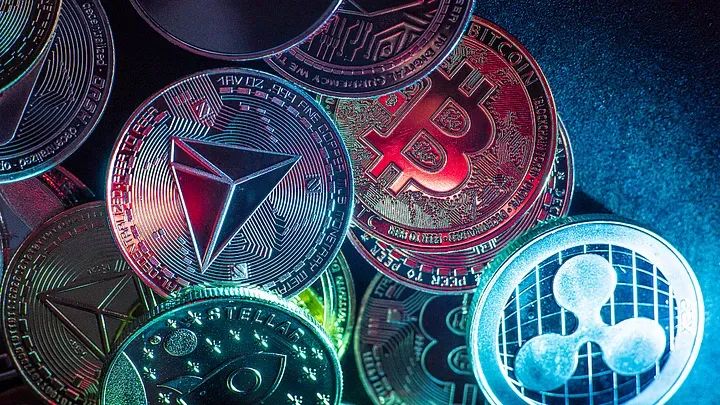
What Is The Difference Between Fungible And Non-Fungible Tokens?
Nov 26,2024 at 01:04pm
Fungible vs. Non-Fungible Tokens: A Comprehensive GuideIn the realm of blockchain technology, the concept of tokens lies at the core of many applications. Tokens represent digital assets that can be used to facilitate transactions, store value, or represent ownership. However, there exists a fundamental distinction between two types of tokens: fungible ...
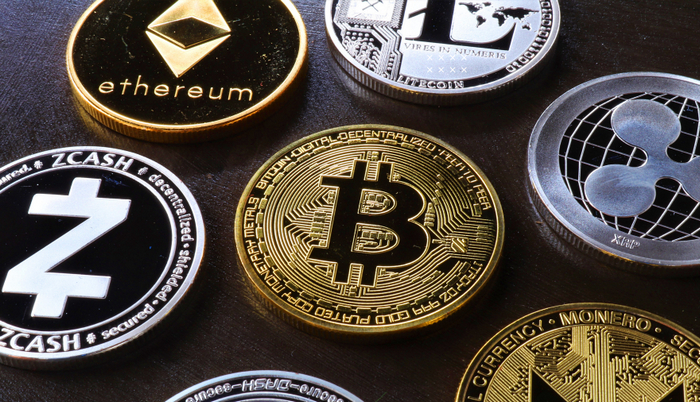
What is a Public Key Infrastructure?
Nov 23,2024 at 12:30am
What is a Public Key Infrastructure?IntroductionA Public Key Infrastructure (PKI) is a framework that enables secure communication over a network by managing digital certificates and public-key cryptography. PKI plays a crucial role in various blockchain applications, ensuring data integrity, authentication, and non-repudiation.Components of a PKIA PKI ...
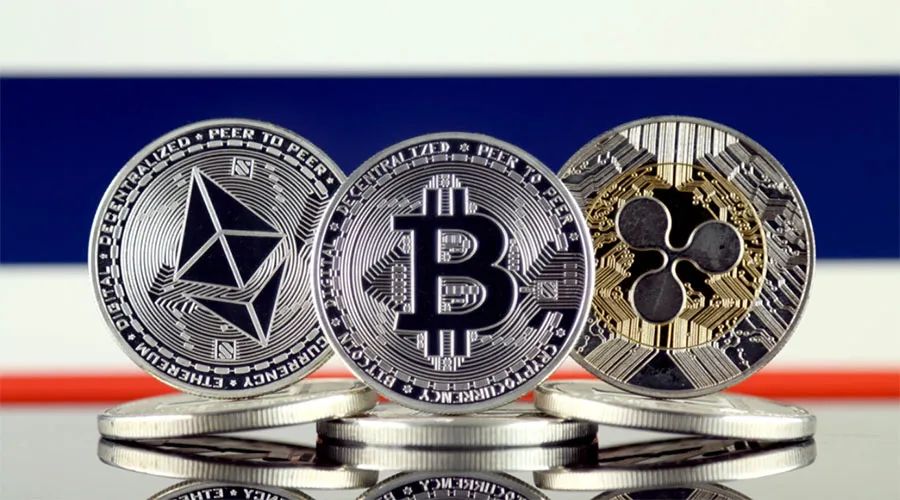
What is MEV (Miner Extractable Value)?
Nov 22,2024 at 06:22pm
What is Miner Extractable Value (MEV)?Introduction:Miner Extractable Value (MEV) is a term used to describe the profit that miners can make by manipulating the order of transactions in a block. This manipulation is possible because miners have the ability to choose the order in which transactions are included in a block, and they can use this power to f...
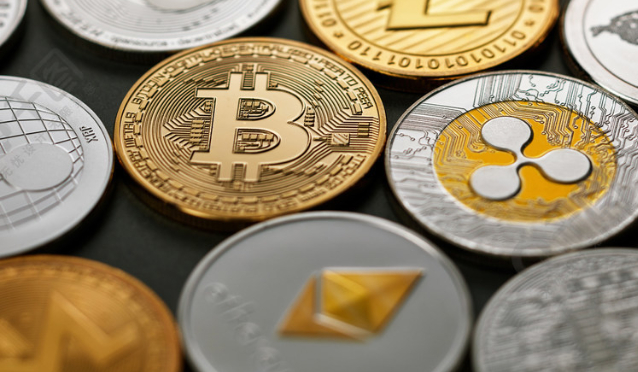
What is a Genesis Block?
Nov 24,2024 at 09:10pm
Decoding the Genesis Block: The Birth of BlockchainIntroductionThe Genesis block stands as the inaugural chapter in the blockchain saga, igniting the spark that revolutionized the world of finance and technology. This foundational block holds immense significance, embodying the inception of immutable ledgers, decentralized networks, and the transformati...
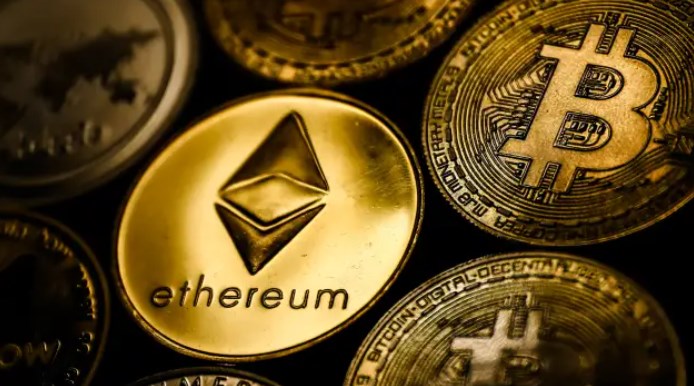
What Is an NFT Game?
Nov 26,2024 at 07:05am
What Is an NFT Game?Non-fungible tokens (NFTs) have taken the digital world by storm, empowering creators, collectors, and enthusiasts alike to own and trade unique digital assets. The integration of NFTs into the gaming industry has given rise to a captivating new realm known as NFT games, where players can not only enjoy immersive experiences but also...
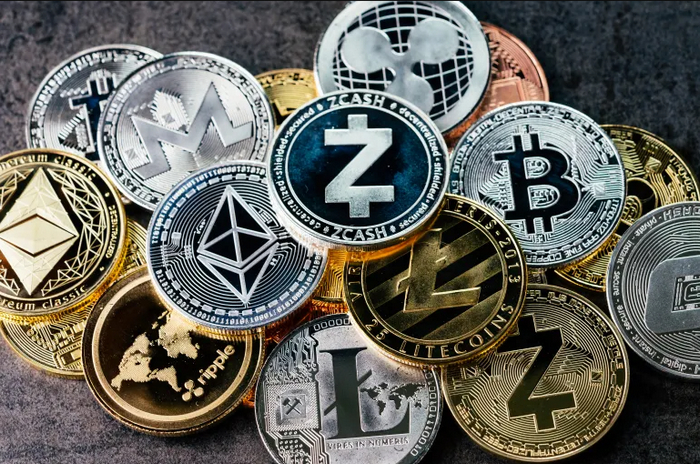
What Is an NFT Marketplace?
Nov 22,2024 at 07:43pm
What Is an NFT Marketplace?An NFT marketplace is a platform that facilitates the buying, selling, and trading of non-fungible tokens (NFTs). NFTs are unique digital assets that represent ownership of a specific item, such as a piece of art, music, video, or other collectible. NFT marketplaces allow users to create, list, and purchase NFTs, with transact...

What Is The Difference Between Fungible And Non-Fungible Tokens?
Nov 26,2024 at 01:04pm
Fungible vs. Non-Fungible Tokens: A Comprehensive GuideIn the realm of blockchain technology, the concept of tokens lies at the core of many applications. Tokens represent digital assets that can be used to facilitate transactions, store value, or represent ownership. However, there exists a fundamental distinction between two types of tokens: fungible ...

What is a Public Key Infrastructure?
Nov 23,2024 at 12:30am
What is a Public Key Infrastructure?IntroductionA Public Key Infrastructure (PKI) is a framework that enables secure communication over a network by managing digital certificates and public-key cryptography. PKI plays a crucial role in various blockchain applications, ensuring data integrity, authentication, and non-repudiation.Components of a PKIA PKI ...

What is MEV (Miner Extractable Value)?
Nov 22,2024 at 06:22pm
What is Miner Extractable Value (MEV)?Introduction:Miner Extractable Value (MEV) is a term used to describe the profit that miners can make by manipulating the order of transactions in a block. This manipulation is possible because miners have the ability to choose the order in which transactions are included in a block, and they can use this power to f...

What is a Genesis Block?
Nov 24,2024 at 09:10pm
Decoding the Genesis Block: The Birth of BlockchainIntroductionThe Genesis block stands as the inaugural chapter in the blockchain saga, igniting the spark that revolutionized the world of finance and technology. This foundational block holds immense significance, embodying the inception of immutable ledgers, decentralized networks, and the transformati...

What Is an NFT Game?
Nov 26,2024 at 07:05am
What Is an NFT Game?Non-fungible tokens (NFTs) have taken the digital world by storm, empowering creators, collectors, and enthusiasts alike to own and trade unique digital assets. The integration of NFTs into the gaming industry has given rise to a captivating new realm known as NFT games, where players can not only enjoy immersive experiences but also...

What Is an NFT Marketplace?
Nov 22,2024 at 07:43pm
What Is an NFT Marketplace?An NFT marketplace is a platform that facilitates the buying, selling, and trading of non-fungible tokens (NFTs). NFTs are unique digital assets that represent ownership of a specific item, such as a piece of art, music, video, or other collectible. NFT marketplaces allow users to create, list, and purchase NFTs, with transact...
See all articles










































